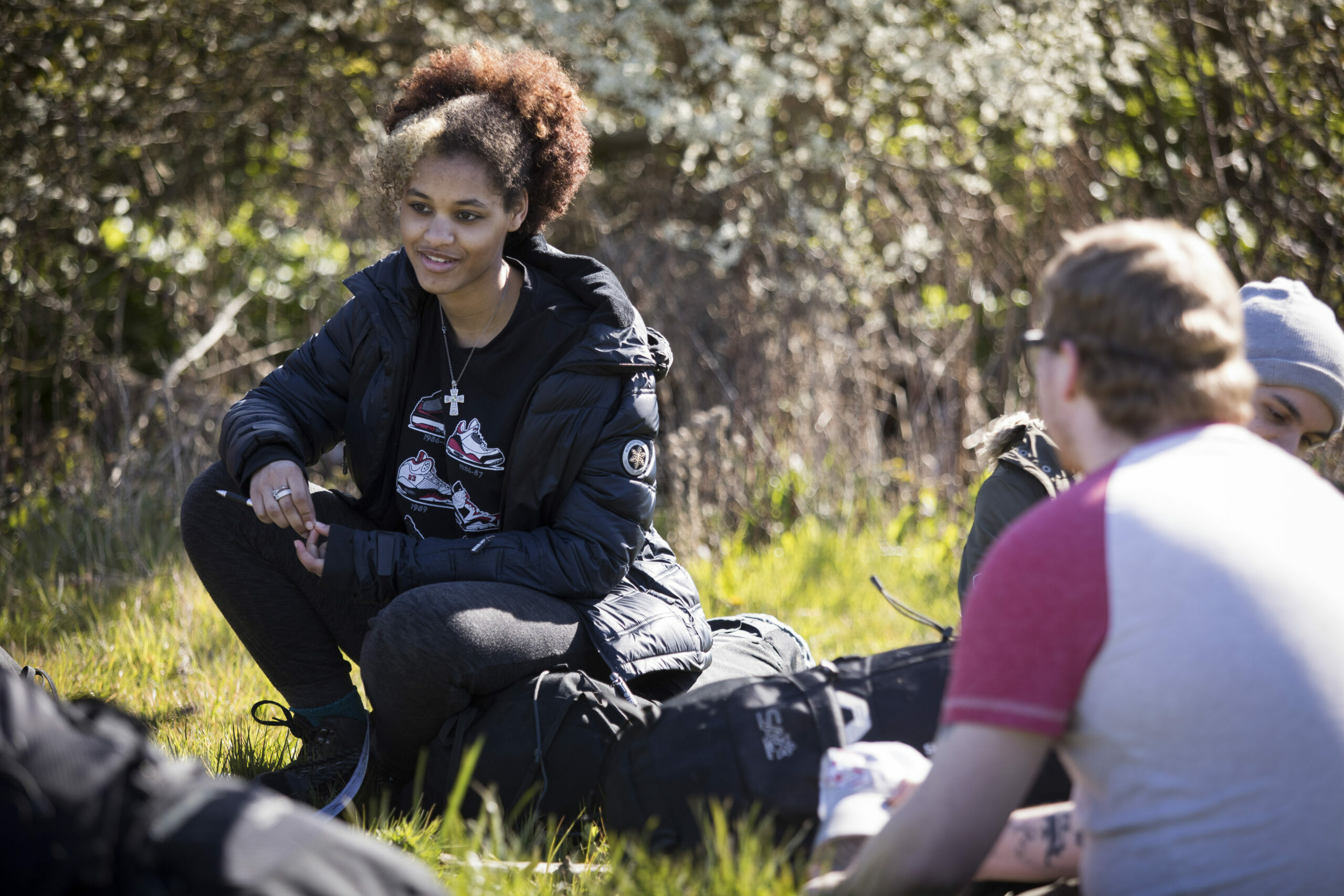It’s clear that the long-lasting effects of the pandemic may mean Licensed Organisations (LOs) and Approved Activity Providers (AAPs) face barriers in delivering ‘traditional’ expeditions for some time. Each DofE centre will need to follow the specific guidance and rules for their sector, and their own local policies and procedures, when planning expeditions.
Guidance for centres in England, Wales, Scotland and Northern Ireland will vary. You must follow the restrictions in place in the country you intend to visit.
If you are delivering the DofE in England, the Department for Education has issued guidance, and the National Youth Agency has published information for managing youth sector activities
If you are delivering the DofE in Scotland, please review the guidance issued by the Scottish Government, Youth Scotland and/or Youth Link Scotland, as appropriate.
If you are delivering the DofE in Wales, please review the guidance issued by the Welsh Government.
If you are delivering the DofE in Northern Ireland, please review the guidance issued by EANI and the recovery plan outlined by the NI Executive, as well as information on outdoor recreation.
You may also wish to review advice published by the OEAP (England, Wales and Northern Ireland) or by SAPOE (Scotland) on the implications of COVID-19 for educational visits.
Expedition flexibilities that will apply until 31 October 2023
With social distancing restrictions seeming likely to remain in place in one way or another for some time, we’ve made a number of temporary rule changes to the Expedition section. These changes will help LOs and AAPs to run expeditions to support new cohorts of participants and those young people whose expeditions have been delayed. This may be outside the ‘usual’ expedition season – although it’s worth noting that DofE expeditions can always be run at any point of the year. Please click the drop down below to see the full rule changes.
We’ve also put together eDofE guidance on evidencing temporary changes here.
Expeditions in restricted spaces
As part of the temporary changes, expeditions can now be run in restricted spaces such as school or youth group grounds. This model offers LOs and AAPs greater flexibility in delivering expeditions whilst following the specific guidance and rules for their sector, and their own local policies and procedures.
We’ve developed resources to support LOs to deliver expeditions in restricted spaces.
We’ve also created four templates to outline how expeditions in restricted spaces could be run. These templates give ideas for the timings and types of activities that could be included.
Take a look at how DofE centres across the UK have run their expeditions with a difference.
We’ll keep sharing details on all of the above – and local Operations Teams will work with LOs to help decide which solutions are right for their participants, depending on their circumstances. These are options for Leaders to choose from, and they can be used in varying combinations. Operations Officers are on hand to help LOs in their planning.





